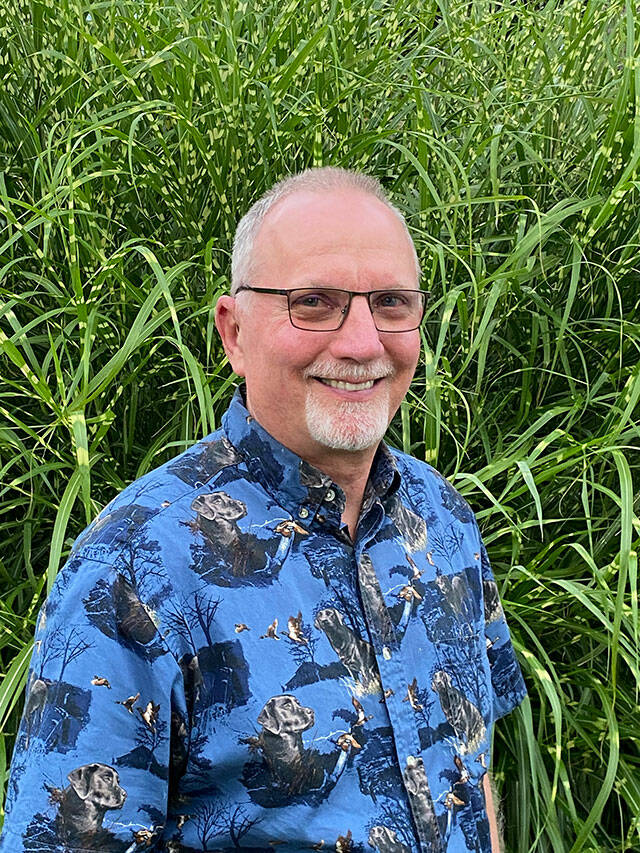“In… today’s financial backers of research, the only credible goal is power. Scientists, technicians, and instruments are purchased not to find truth, but to augment power.” – A StudySmarter article on Postmodernism.
Truth seems to be in short supply today.
Defining truth has become the battleground for ideologies and political parties. “Truth” relates to how much power it creates. Because of this conflict we have seen the development of “alternative facts”. The question has devolved to whose version of the truth each person decides to believe.
It’s important to examine your source(s) of authority because the decisions you make deeply affect your life.
Evidence-fact orientation
Since many of my friends are into facts and research like I am, they tend to seek out data from reputable sources. Data tends to free us from either/or thinking. Thinking by gravitating towards the extremes is a natural human tendency. Believing that there are only two possible answers—good and bad, right and wrong, usually reflects simplistic thinking. Human life is complex and therefore good solutions will also be complex.
We live in an age where many of us only watch certain channels or social media sites. These sites become the source of our authority. As we have seen with the Dominion Voting Systems vs. Fox News $787.5 million settlement, your sources may be lying to you for their profit and power over facts.
An aged aunt told me that she voted for Donald Trump in the 2016 election because of the Benghazi attack. There were at least seven Republican-led Congressional hearings preceding the election. None showed that Secretary of State Clinton was responsible for the deaths.
Some people assert that Antifa broke into the U.S. Capitol on Jan. 6, 2021 dressed as Trump supporters. I didn’t think it worth my while to inform my aunt that if Antifa had been the ones who sacked the Capitol, then President Trump would have sent out the military to end the riot.
I like to seek out points of view where my natural tendencies and beliefs are contradicted by other perspectives. This approach goes against our confirmation biases where we only seek out views that agree with us. Answers to most of life’s complex questions are usually not simple and easy. Simple solutions are an easy way to gain a sense of certainty which we are wired to seek out.
“My source of authority is me (myself)”
People lie to us. Others give us false or incorrect information, whether intentionally or because that is what they really believe. Falling back upon life’s experiences is what all of us do. We are all shaped and informed by our interpretation of events. Then we apply them to current issues. The problem with this type of thinking is that our application of the past lessons to events in the present is that those experiences may not apply, but they do color what we see.
On several occasions, as a history teacher, I had someone come into my classes and start an argument with me. After the person left, I asked my students to write down what they saw and heard, and what the person was wearing.
The variety of answers was amazing! Some students took my side; others favored the intruder. Descriptions of what the intruder wore and looked like varied greatly. All of their observations were colored by their life experiences and their feelings about me. Those life experiences became their source of authority.
Listening to your gut
We all have intuition—feelings based not on logic, but upon what our emotions tell us. Intuition cannot be explained logically. We just have these feelings. Some turn out to be correct. Others not so much.
We have two separate parts of our brains: the logical/analytic side and the intuitive side. Being able to listen to both perspectives is important. Sometimes I wake up in the middle of the night with the feeling that I should do/not do something. The feeling is very strong—until I’m more awake and can use the analytical part of my brain to think it through. Sometimes I follow its advice. At other times I dismiss the thoughts as nonsense brought about by subconscious fears that arise because the thinking part of my brain is asleep.
All of these approaches can and do become part of our source(s) of authority. All three can be both valid and sound—they are true and rational and they protect us—or not. Becoming aware of these sources makes us better able to decide what to believe and what to do. Be careful about the source(s) of your authority. Don’t give your power away too easily.


